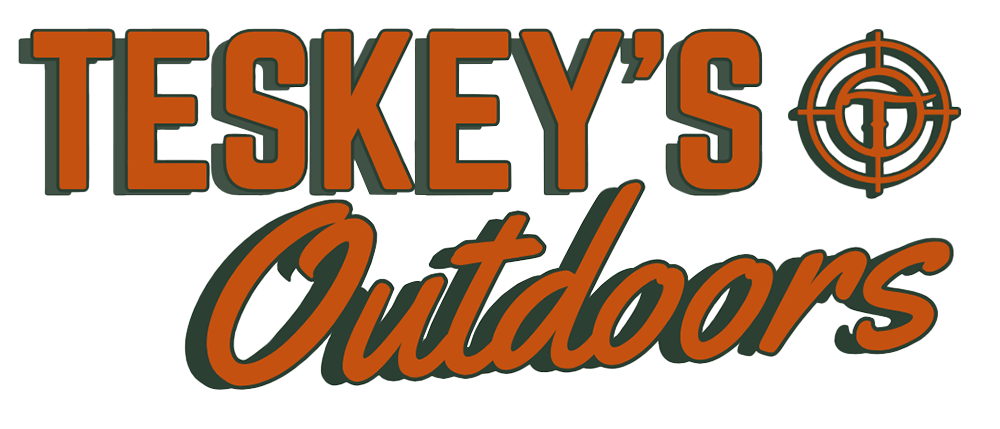The Most Common Types of Gun Jams + How to Fix & Prevent Them
Online May 15, 2024
When it comes to firearms, even the most reliable models can experience malfunctions, commonly referred to as gun jams. Understanding the different types of gun jams, how to fix them, and how to prevent them is crucial for any firearm owner. In this blog post, we'll delve into the primary reasons why guns jam and provide detailed solutions to ensure your firearm operates smoothly.
What is a Gun Jam?
A gun jam occurs when a firearm fails to cycle properly, preventing it from firing or operating as intended. Jams can happen for various reasons, including mechanical failures, user errors, or ammunition issues. Recognizing and addressing these malfunctions promptly is essential.
Types of Gun Jams
Misfire or Hang Fire
- Description: A misfire occurs when the trigger is pulled, but the round does not fire. A hang fire is a delayed discharge after the trigger pull.
- Causes: Faulty ammunition or a malfunctioning firing mechanism.
- Fix: Wait for at least a minute before checking the firearm to ensure it's not a hang fire. If it's a misfire, remove the round and inspect the primer for indentations. If struck, it’s likely bad ammo; if not, the issue might be with the firing mechanism.
Failure to Eject (Stovepipe)
- Description: This occurs when the casing of the fired round fails to fully exit the chamber, often sticking out perpendicularly to the slide, resembling a stovepipe.
- Causes: Weak grip (limp wristing), dirty firearm, or worn-out recoil springs.
- Fix: Clear the obstruction by racking the slide. Ensure a firm grip when shooting and regularly clean and maintain the firearm. Check and replace recoil springs if necessary.
Failure to Feed
- Description: The next round does not enter the chamber properly.
- Causes: Weak grip, dirty or damaged magazines, or faulty ammunition.
- Fix: Clear the chamber and remove the magazine. Check for dirt or damage and clean or replace the magazine as needed. Ensure proper grip and stance when firing.
Failure to Extract
- Description: The spent casing remains in the chamber after firing.
- Causes: Dirty chamber, worn extractor, or poor grip.
- Fix: Clean the chamber thoroughly and inspect the extractor for wear. Replace the extractor if it’s damaged and maintain a proper grip when firing.
How to Fix a Gun Jam
Fixing a gun jam typically involves a few standard steps:
1. Stay Calm: Ensure the firearm is pointed in a safe direction to maintain safe gun handling.
2. Clear the Jam: Identify the type of jam and follow the appropriate steps to clear it.
3. Inspect and Clean: Regularly clean and inspect your firearm to prevent recurring issues.
How to Prevent a Gun from Jamming
- Regular Maintenance: Clean your firearm after each use, paying close attention to the barrel, chamber, and moving parts. Lubricate as per the manufacturer’s guidelines to ensure smooth operation.
- Quality Ammunition: Use high-quality ammunition from reputable manufacturers to reduce the risk of misfires and hang fires.
- Proper Handling: Learn and practice proper grip and stance. A firm grip and steady posture are essential to ensure the firearm operates correctly.
- Regular Inspections: Regularly inspect parts prone to wear and tear, such as recoil springs and extractors, and replace them as needed.
Why Do Guns Jam?
Guns can jam for several reasons, including:
- Poor Maintenance: Dirt, debris, and lack of lubrication can cause various types of malfunctions.
- Faulty Ammunition: Bad rounds can lead to misfires and hang fires.
- Mechanical Failures: Worn or damaged parts can prevent the firearm from cycling properly.
- User Error: Improper grip and stance can cause issues like stovepipes and failures to feed.
Do Glocks & Revolvers Jam?
- Glocks: Known for their reliability, but they can still jam due to poor maintenance, faulty ammunition, or improper handling.
- Revolvers: Generally more reliable than semi-automatics due to their simpler mechanics, but they can experience issues like cylinder binding or misfires.
Understanding the types of gun jams and how to fix and prevent them is essential for any firearm owner. Regular maintenance, proper handling, and using quality ammunition are key to ensuring your firearm operates smoothly. Stay safe and keep your firearm in top condition to avoid any malfunctions at critical moments.
For more detailed guidance and tips, explore our resources on firearm maintenance and troubleshooting. Stay informed, stay safe, and keep your firearms in peak condition!

Store Hours
Monday - Saturday
8am - 6pm
Closed on Sunday